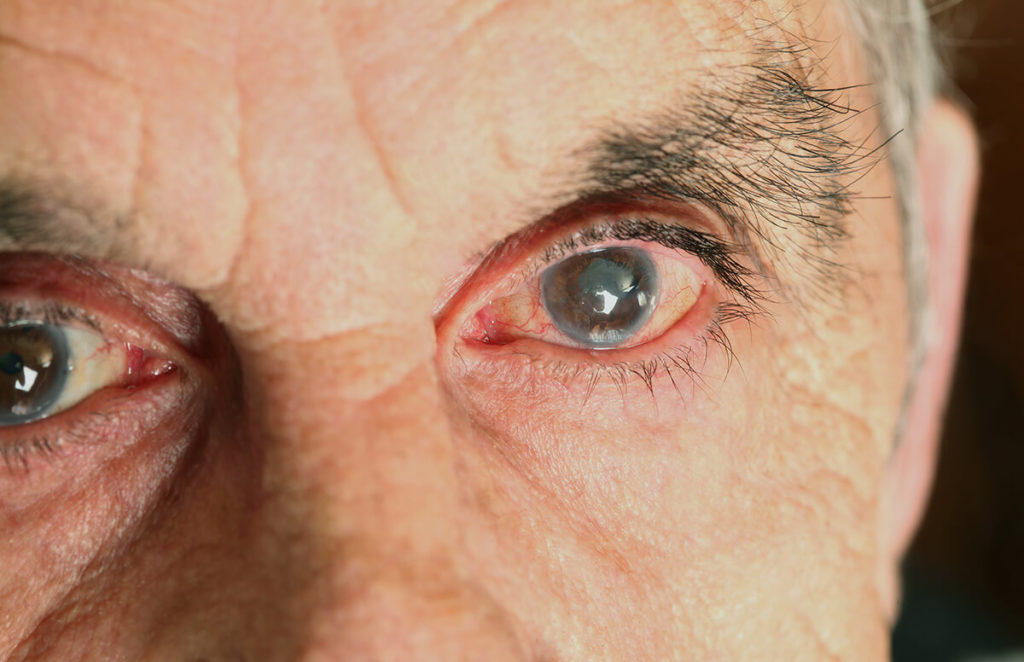Far too often, fear of cataract surgery keeps men and women of various ages from getting their sight back. For years, these individuals struggle with frustrating cloudiness that prevents even the most basic activities like reading, driving, and enjoying time with your family. Worse yet, many allow their condition to worsen, reducing the natural softness of their eye lens that can make surgery even easier for them.
We want to take the opportunity to dispel much of the fear and take time to tell inform our patients of three quick questions that we often hear about cataract surgery.
- What Did I Do to Cause This?
The answer is typically nothing. Think of an eye lens like a camera that continuously focuses light so that you can see clearly. This is what helps you see at all distances. As people get older, some of the natural proteins on the eye lens can come together and make a small cloud-like area on the lens. 22 million Americans above the age of 40 are affected by cataracts, so cataracts are certainly common. Everyone should also feel comforted that cataract surgery is the most common surgery in the world!
- Does Cataract Surgery Hurt?
When patients arrive at the center, our office dilates pupils and then wash and clean the eyes before surgery. The 20 minute operation is almost completely painless. Many patients are not even sedated and choose to only have local anesthesia. Patients are free to go home after about half an hour. After surgery, vision will be slightly blurred and watery for a few days, but this moderate discomfort ends in only a day or two. With the help of drops to prevent infection, healing is complete within two months.
- Does It Matter Where I Get My Surgery?
We believe it does. Not only has Dr. Matzkin performed thousands of surgeries, he also utilizes state of the art technology, like the Alcon LenSx Laser. This laser is much more effective than the one that is used in standard cataract surgeries and produces better results and easier healing time for the patients. Dr. Matzkin routinely performs procedures on patients of all ages, even performing dozens of surgeries on other eye doctors when they need it.


